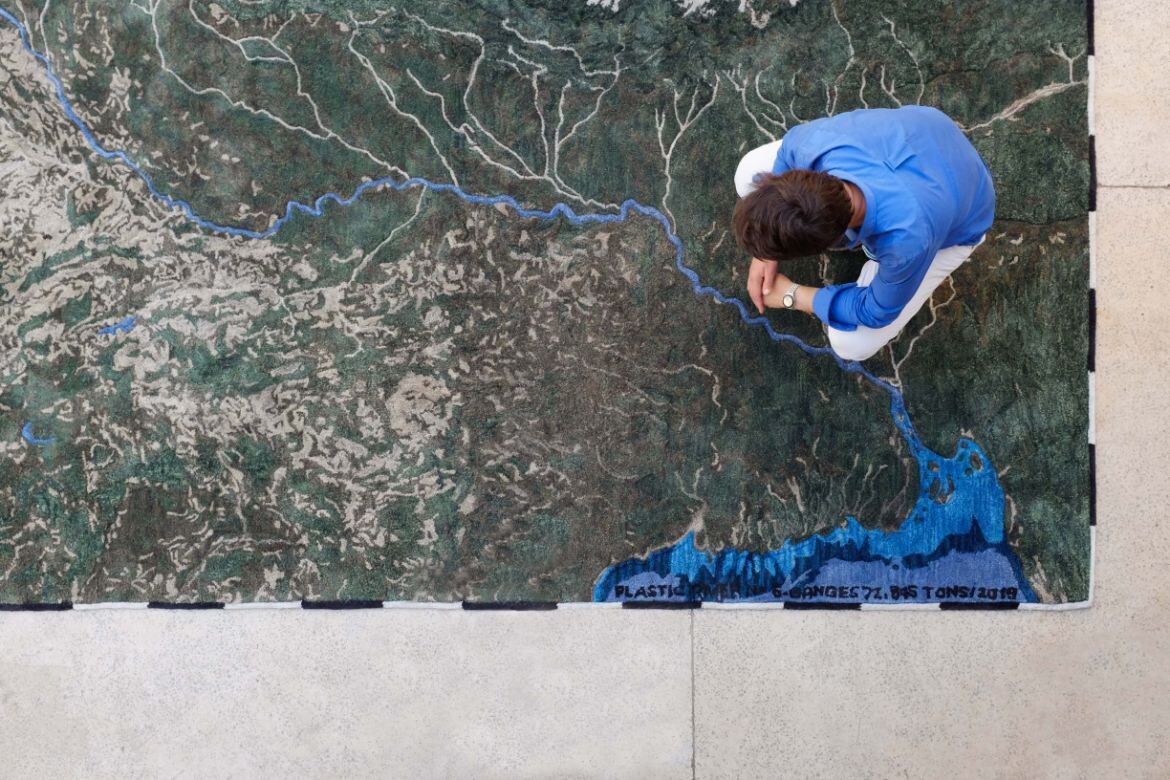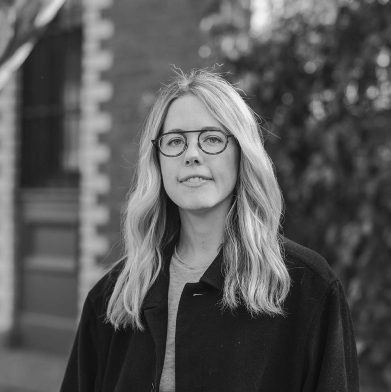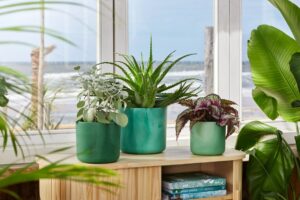Design for Álvaro Catalán de Ocón is an opportunity for protest, and his products are an expression of this manifesto. While Ocón’s calm demeanour and benevolent vision are at odds with the more aggressive connotations usually associated with the notion of ‘protest’, there is no doubt about his passion.
With design as a tool to influence and tell the pertinent stories of our time, Ocón chooses to not create objects that add to a throw-away culture, but instead, generate pieces that contribute positively. “Rather than making new things, as a studio we question the way things have already been done,” says Ocón, adding that dealing with the saturation of objects, products and waste is the most important “challenge facing the designer”.

Plastic Rivers is his latest product and, through a poignant narrative and unwavering vision, it confronts the unhealthy levels of plastic in the world’s rivers. The project landed in Ocón’s lap when Spanish textile company Gan asked if he could create something with its recycled yarn fibres made from plastic waste debris.
Using the world’s most polluted rivers as a source of inspiration, Plastic Rivers takes the PET plastic collected from the river and spins it into large-scale, hyper-realistic rugs.

It’s a story that virtually tells itself in its eloquent simplicity: rugs “made with local plastic bottles by local weavers”.
Ocón’s deeply rooted philosophy has been with the studio from its inception. Taking a round-about way to design via economics, the designer confirms that he “thinks about the world in a very different way to the average”.

Fundamental to everything he turns his hand to is storytelling and beauty. While sustainability is not always synonymous with beauty, these two should always be woven together. “Elegance is part of design, along with storytelling,” Ocón says.
The story of Plastic Rivers is one that transcends the doom-and-gloom climate rhetoric to show that human ingenuity and design are powerful tools for change.











